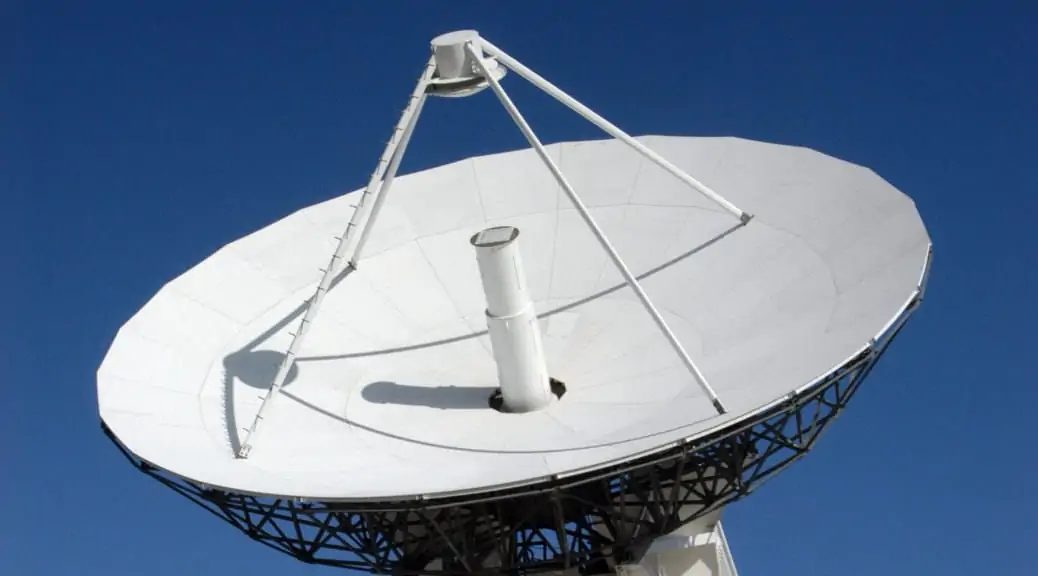While climate change is hammering the Middle East, and as Syria and Iraq are engulfed in war (Valantin, “Climate nightmare in the Middle East”, The Red Team Analysis Society, September 14, 2015), Egypt and Israel are going through a profound energy revolution. In effect, since 2011, Israel has discovered two giant natural gas off-shore deposits (Valantin, “Israel, Natural Gas and Power in the Middle East”, The Red Team Analysis Society, April 27, 2015) while in August 2015, the oil Italian company ENI has discovered a mammoth off-shore natural deposit in the Egyptian economic exclusive zone (Anthony Dipaola, “ENI discovers massive gas fields in the Mediterranean”, Bloomberg Business, August 30, 2015). In other terms, these two countries are transforming themselves into a new, …
Continue reading “Energy Transmutation in the Middle East: Egypt and Israel”
The remaining part of this article is for our members and those who purchased special access plans. Make sure you get real analysis and not opinion, or, worse, fake news. Log in and access this article.










